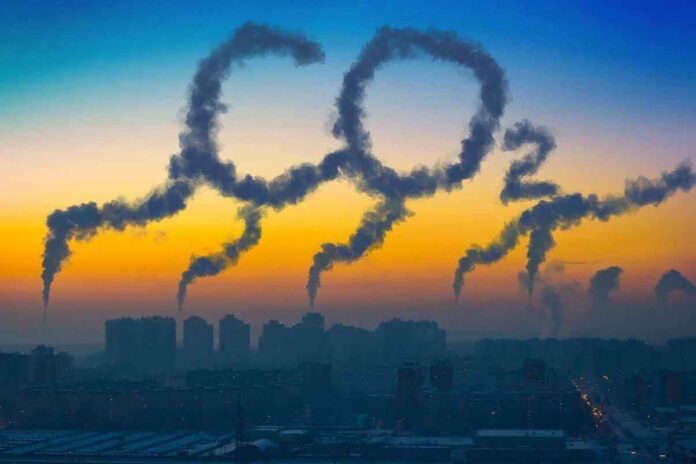The World Bank has recommended targeted strategies for five major industrial sectors in Pakistan to improve energy efficiency and reduce emissions, aiming to ease rising energy costs and support national climate goals.
The findings are part of a new report titled Pakistan Energy Efficiency: Industrial Energy Efficiency and Decarbonisation (EE&D), covering the cement, steel, fertiliser, textile, and paper and pulp industries. The strategies were developed following a study conducted between mid-2022 and 2023.
The report aims to assist ongoing policy discussions between the World Bank Group and the government. It notes that while some companies have adopted energy-efficient technologies, broader uptake is constrained by information gaps, financial challenges, and policy barriers.
The study observed that many businesses remain cautious about investing in energy efficiency, associating such measures with higher production costs and reduced competitiveness. This hesitancy increases when the term “decarbonisation” is used instead of “energy efficiency.”
In the textile sector, the dyeing and finishing processes were identified as the most energy-intensive, offering significant opportunities for efficiency gains. Interventions could include fuel switching, electrification, process upgrades, and the adoption of circular practices and new technologies. The report estimates that energy savings of 50% to 60% are achievable, with up to 13% reductions in emissions.
The cement industry has already introduced some measures, such as waste heat recovery systems and alternative fuels. Further adoption of existing and emerging technologies could reduce emissions by 3% to 35% and cut energy use by 6% to 20%.
In the fertiliser sector, the report highlights the impact of fixed low gas prices on discouraging efficiency investments. As the industry depends heavily on natural gas, it remains exposed to price fluctuations.
The steel industry, which uses electric induction furnaces to produce steel from scrap, can still improve efficiency. Additional investment could lead to a 5% to 12% reduction in emissions and an 8% to 10% decrease in energy use. The report suggests that clearer information on financial impacts may encourage firms to act.
The paper and pulp sector, growing at an annual rate of 7.2% over the last five years, has seen limited investment in efficiency. The World Bank recommends broader adoption of new technologies to improve performance.























